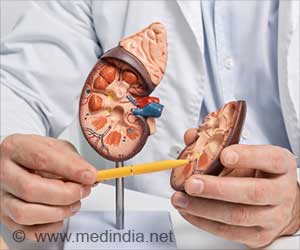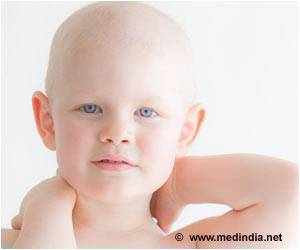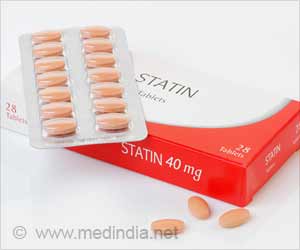A team of American researchers from The Forsyth Institute in Boston and the University of Michigan School of Dentistry have reported in the February
A team of American researchers from The Forsyth Institute in Boston and the University of Michigan School of Dentistry have reported in the February issue of the Journal of Microbiology that bad breath or halitosis is caused by certain types of bacteria that dominate the back portion of the top of your tongue. The study was based on gene sequencing to compare bacteria found on the tongues of those with halitosis and those with fresh breath. Researchers found species of same three bacteria prevalent among five people with fresh breath. The most common of these - the Streptococcus salivarius - appeared in only one of six people with halitosis - and at extremely low levels. Several of the six species of bacteria that were linked to halitosis were not found in those with fresh breath.
Bruce Paster, a senior staff member at Forsyth said that the bad bacteria in halitosis sufferers could be the result of a variety of factors, including blood type. He said that people with halitosis have something that makes these types of bacteria more likely to colonise in their tongues than ones that colonise normal tongues. However, uncovering all the bugs is a tedious task, as, out of the total 700 odd bacteria that collectively populate all human tongues, researchers currently know the names of only about 300. The recent study, which is part of an ongoing effort to determine genetic sequences for all species of bacteria in the oral cavity, researchers reported finding just 92 species of bacteria, 29 of which had never before been described in scientific literature. Dr Israel Kleinberg, chairman of the oral biology and pathology department at the State University of New York at Stony Brook's dental school suggested that environmental differences could also be the reason for the different types of bacteria in the mouth. Paster suggested that halitosis can be reduced by brushing the tongue twice daily, along with scraping the tongue and using oral care products containing zinc.




